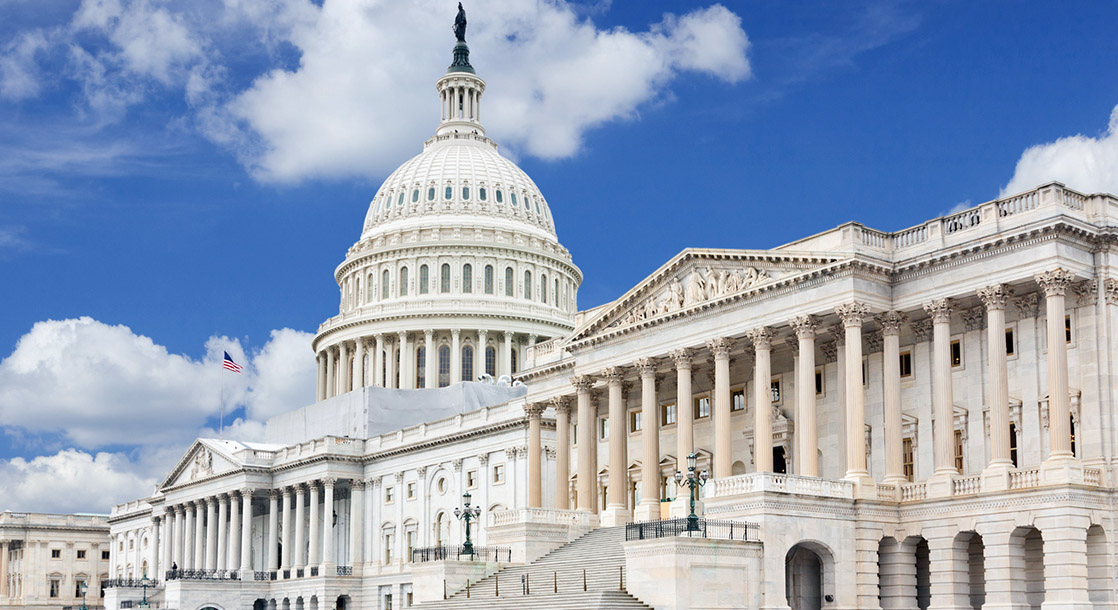A new observational study found that the vast majority of ayahuasca users report significant reductions in depression and other mental health issues.
The new study, published in the Scientific Reports journal, includes two different sub-studies exploring the short- and long-term effects of ayahuasca use. In the first sub-study, researchers from Spain and Brazil administered a psychiatric interview and a number of questionnaires to 40 subjects who never used ayahuasca before, but planned to do so. The interview and questionnaires were given to subjects before their first trip, and then repeated in two follow-up visits one and six months after the subjects’ initial trip.
The majority of these subjects were from Spain, where many small community groups have recently begun holding ayahuasca ceremonies. Just over half of these subjects were college graduates, and 84 percent were atheists. Over 59 percent of the subjects said they were trying ayahuasca for therapeutic reasons, while nearly 30 percent were trying it for self-exploration, and another 11 percent simply out of curiosity.
In the second sub-study, doctors administered the same interview and questionnaires to 23 long-term ayahuasca users, and compared these scores to the results of the subjects in the first sub-study. Again, most of these subjects were from Spain, but only about a third of them graduated from university or were atheists. These subjects had attended between 50 and 100 ayahuasca ceremonies each.
In the first sub-study, researchers found that 45 percent of all subjects met the criteria for a psychiatric disorder before taking ayahuasca. But just one month after taking ayahuasca, 61 percent of these subjects no longer met the criteria for that specific psychiatric issue. Additionally, 22 percent of all subjects showed a decrease in the total number of mental health conditions that they were dealing with. And after 6 months, 83.2 percent of all participants reported a clinical improvement in their overall mental health.
In the second sub-study, researchers found that the long-term ayahuasca users scored lower on the depression questionnaires than the first-time ayahuasca users. Long-term users also showed higher scores for quality of life and self-transcendence than first-timers. Also, only 9 percent of long-term ayahuasca users met the criteria for a psychiatric disorder.
The study does have notable limitations, however, as researchers did not have a control group to compare with. Researchers were also unaware of the specific formulations or dosages that any of the ayahuasca users consumed. In light of this, researchers suggest that further studies should be conducted using larger samples and controlling for the potential differences in the type and setting of ayahuasca ceremonies that subjects participate in.
The research adds to a growing body of evidence that natural, but illegal psychedelics can help treat mental health issues better than legal, pharmaceutical drugs. So far, most of this research has focused on psilocybin, and the results have been so promising that shroom-assisted therapy could soon become legal. Still, initial studies on ayahuasca have been promising, and activists in several cities are working to decriminalize the use of ayahuasca and other natural psychedelics.











